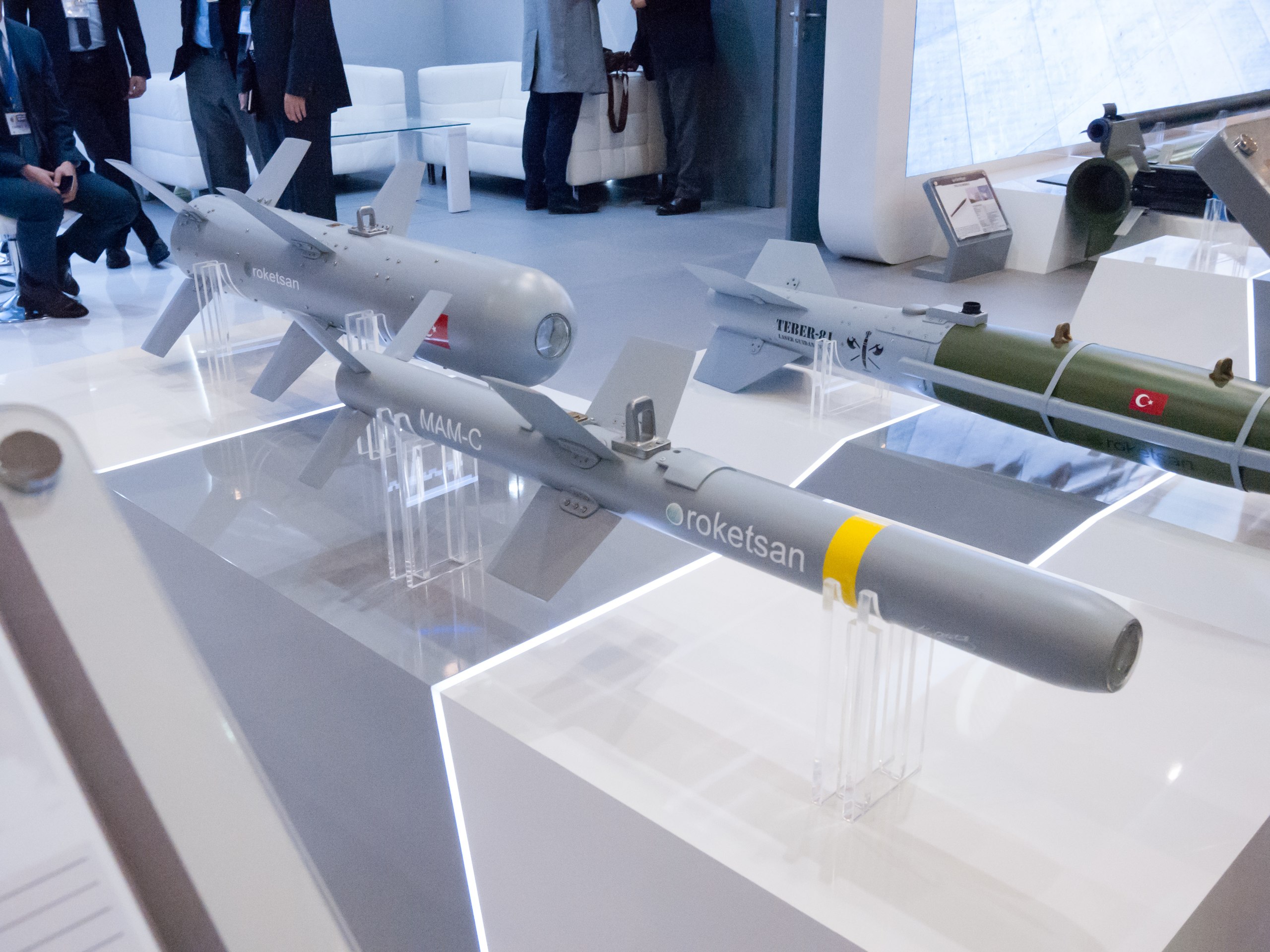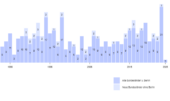Supplies of components were intended for ambulances, company says
For weeks, the Turkish military has been constantly bombing the Autonomous Administration of Northern and Eastern Syria in Rojava. Many of these attacks on towns and villages are carried out with “Bayraktar TB2” combat drones.
Once again, it has been proven that technology from Germany is involved. According to the London-based organisation Conflict Armament Research (CAR), electromagnetic brakes are used to control drone missiles. These come from the Dutch company Kendrion, but are produced at the German site in Villingen-Schwenningen in Baden-Württemberg. A serial number found in parts of the wreckage proves that they were manufactured in Germany.
For the investigation published on Tuesday, CAR analysed the remains of 17 Turkish air-to-surface missiles of the type “MAM” that had been found in north-eastern Syria. The laser-guided weapons come from the Turkish arms company Roketsan and are optimised for drone missions. This so-called micro-precision ammunition also contains components from US or Chinese companies.
Kendrion claims to have known nothing about the use of its components in missiles. The up to 25,000 brakes supplied were intended for blood transfusion in ambulances and had been ordered by the electronics company FEMSAN, also based in Turkey. A spokesperson confirmed this to “nd”. This business relationship was terminated after the CAR report, in which Kendrion cooperated.
Roketsan developed the lightweight “MAM” missiles presumably with German assistance. Starting in 2010, the German government issued export licences for warheads of an anti-tank missile made by TDW Wirksysteme GmbH from Schrobenhausen in Bavaria. They could have served as a template for the Turkish guided missiles. Equipment for the production of the missiles is also said to have been exported to Turkey. The “Bayraktar TB2” also fly with sensor technology from the German arms company Hensoldt.
The German human rights organisation medico international was critical of the situation. “The current Turkish air strikes are deliberately destroying civilian infrastructure, which is against international law,” the human rights organisation’s Syria consultant, Anita Starosta, told “nd”. Any involvement by German companies is fatal and must be prevented, she said.
Published in German in “nd”.
Image: VoidWanderer, Roketsan display in Kyiv 05, CC BY-SA 4.0
.





Leave a Reply